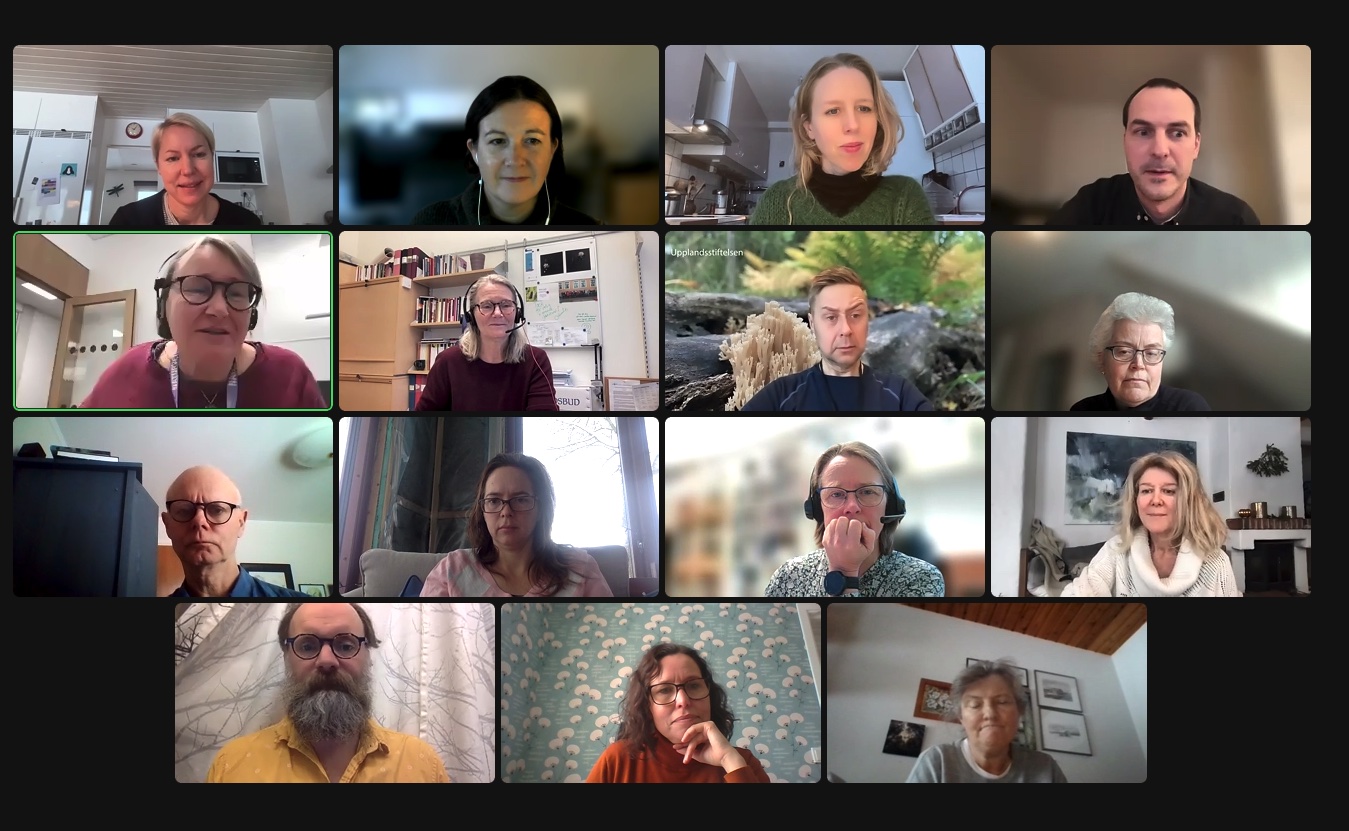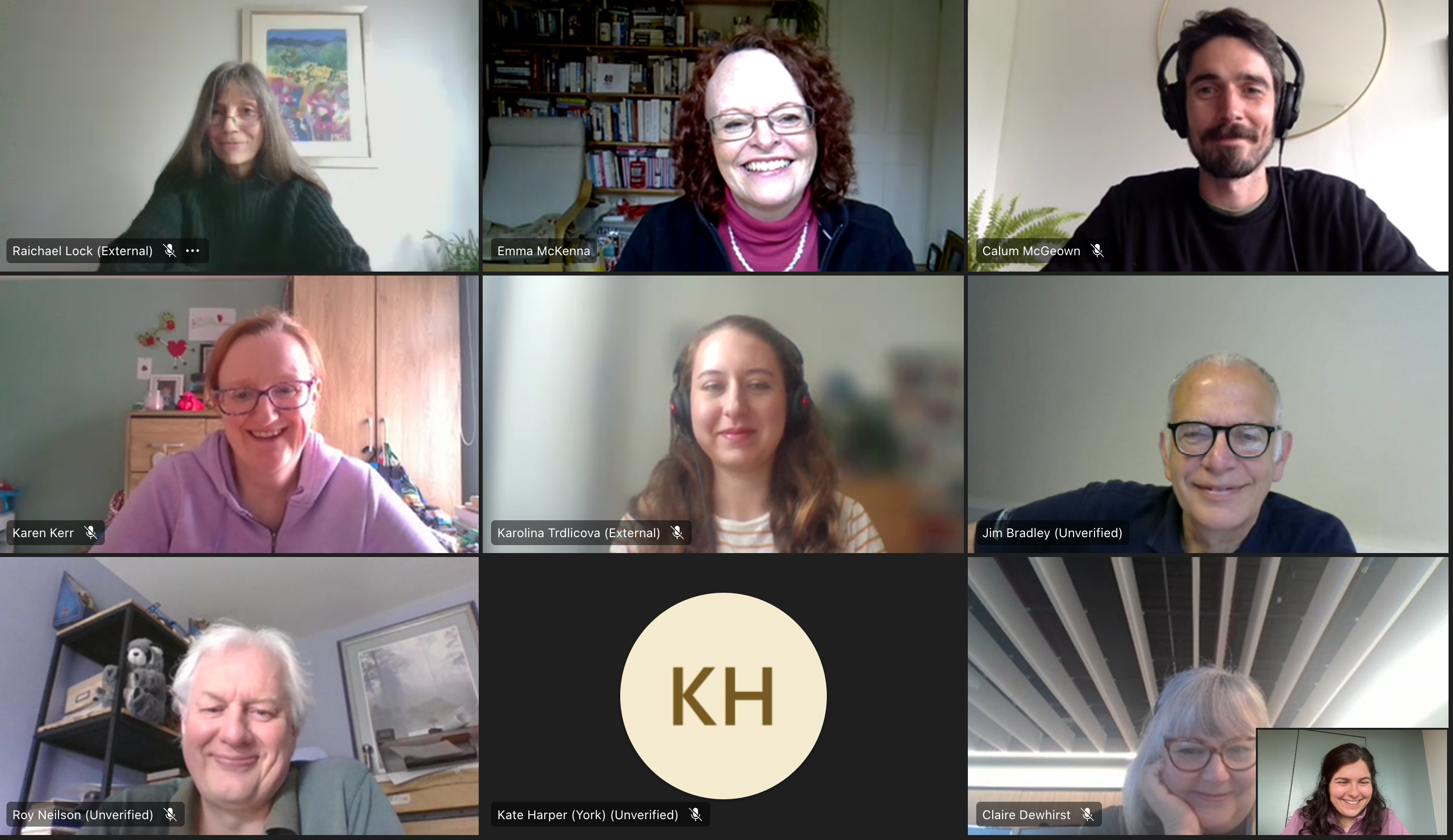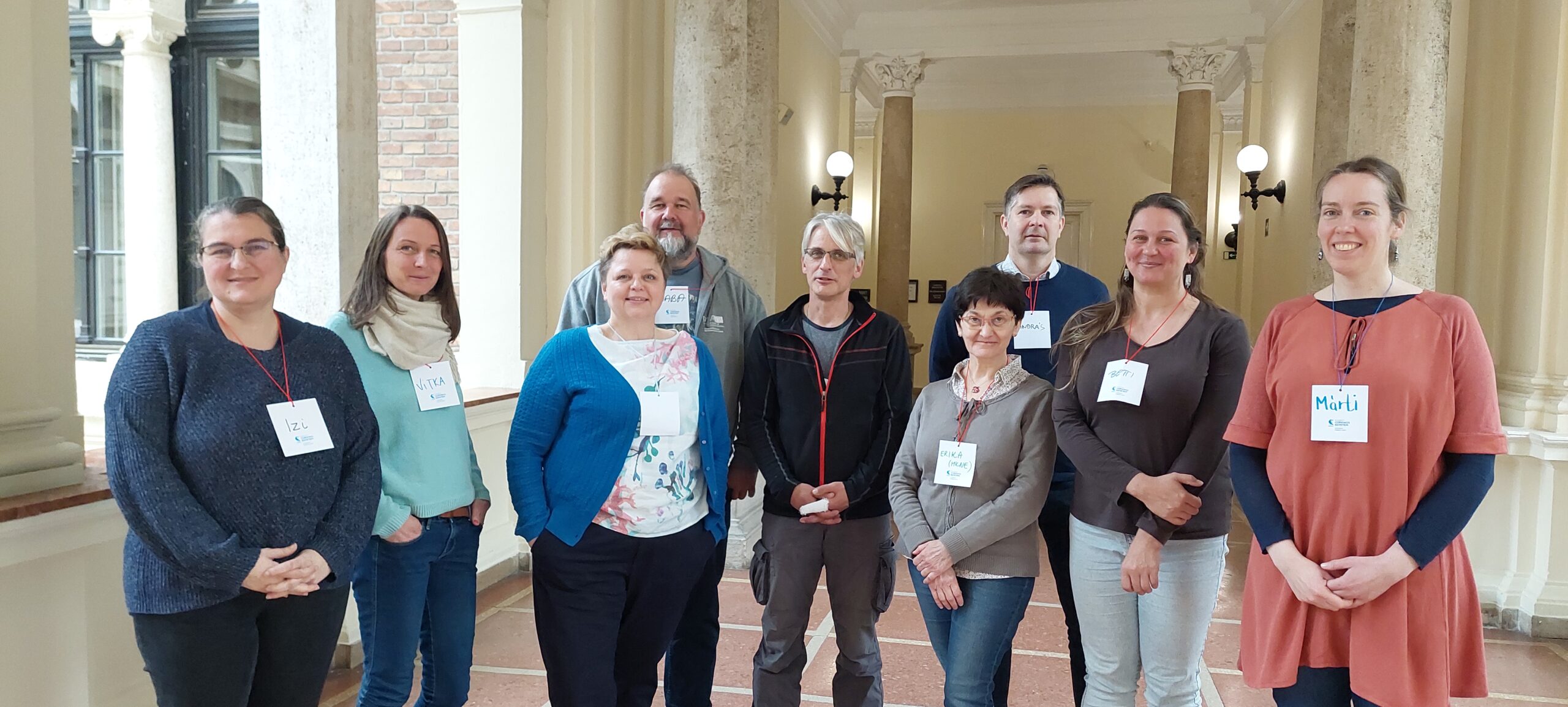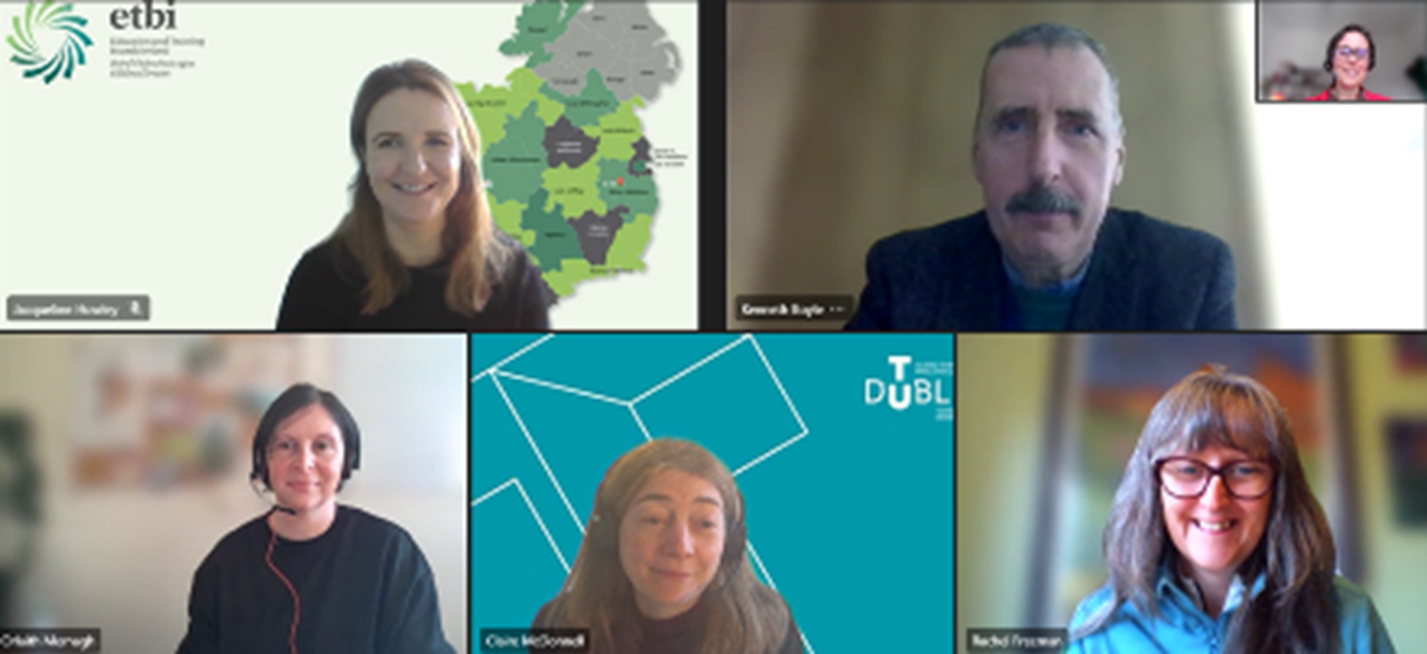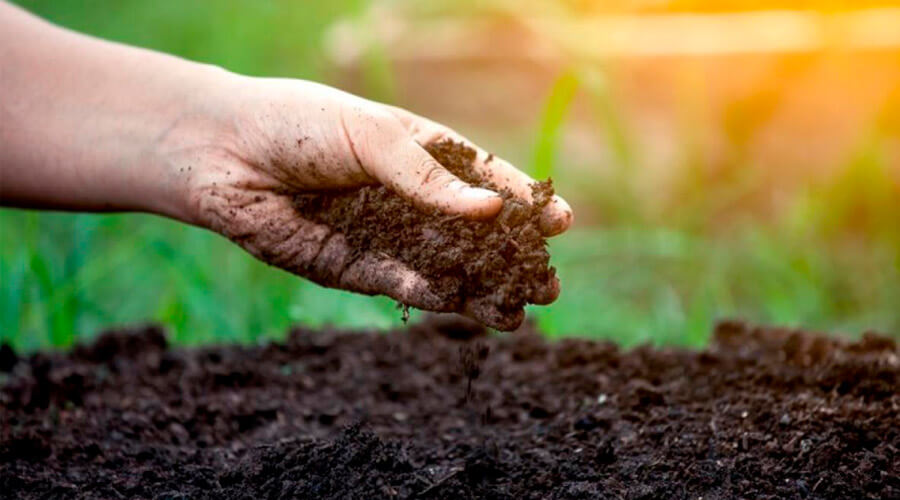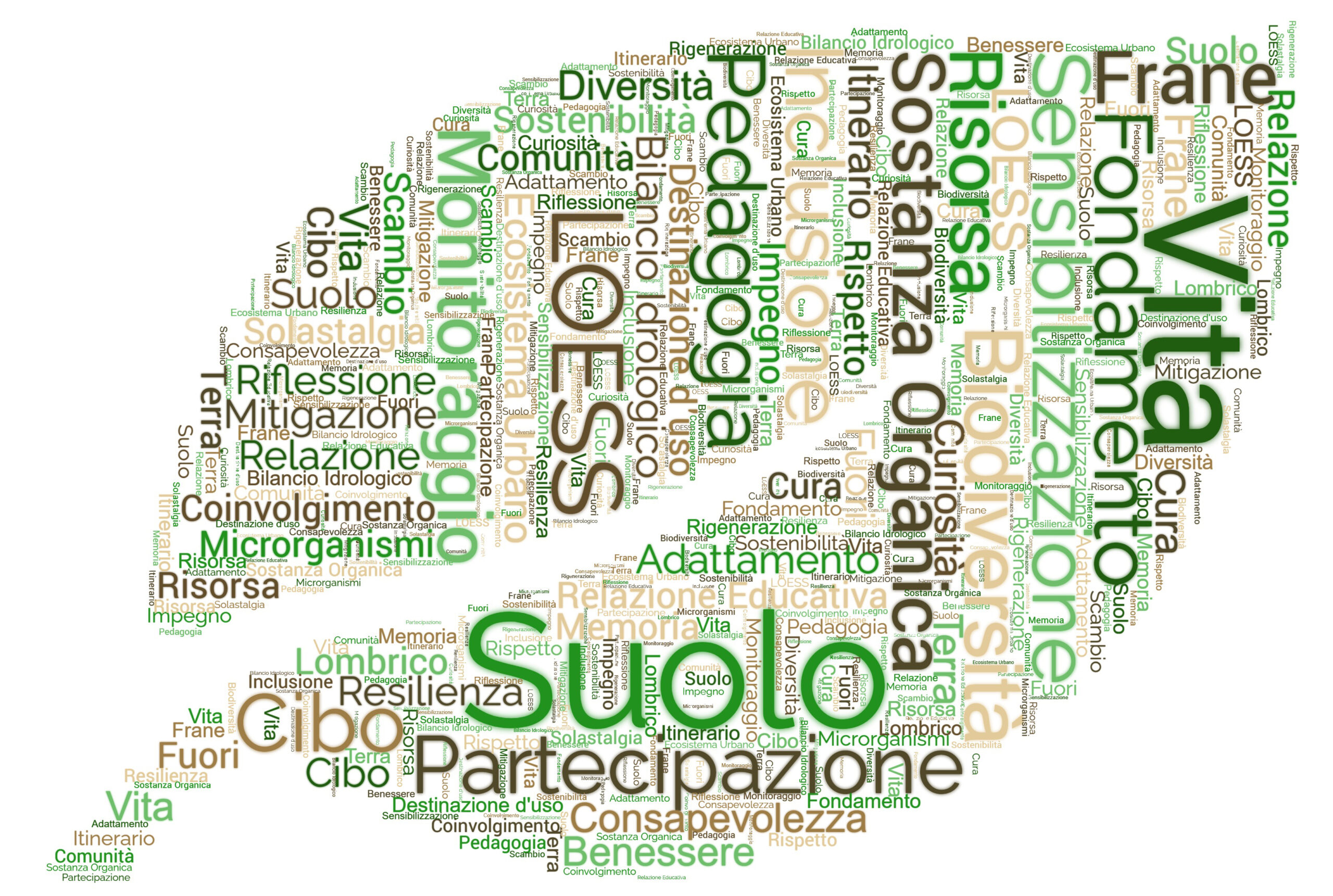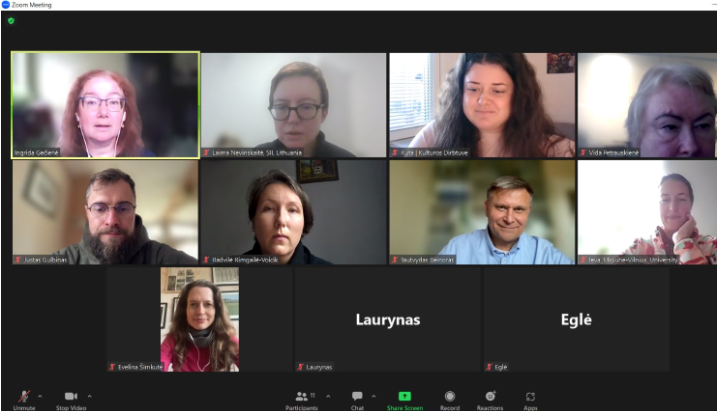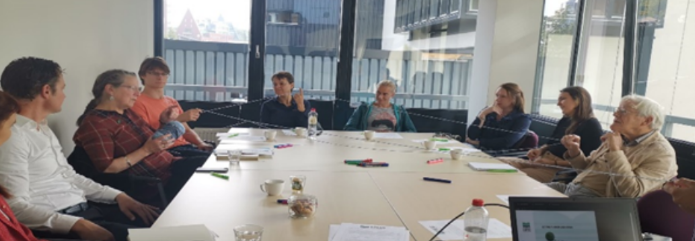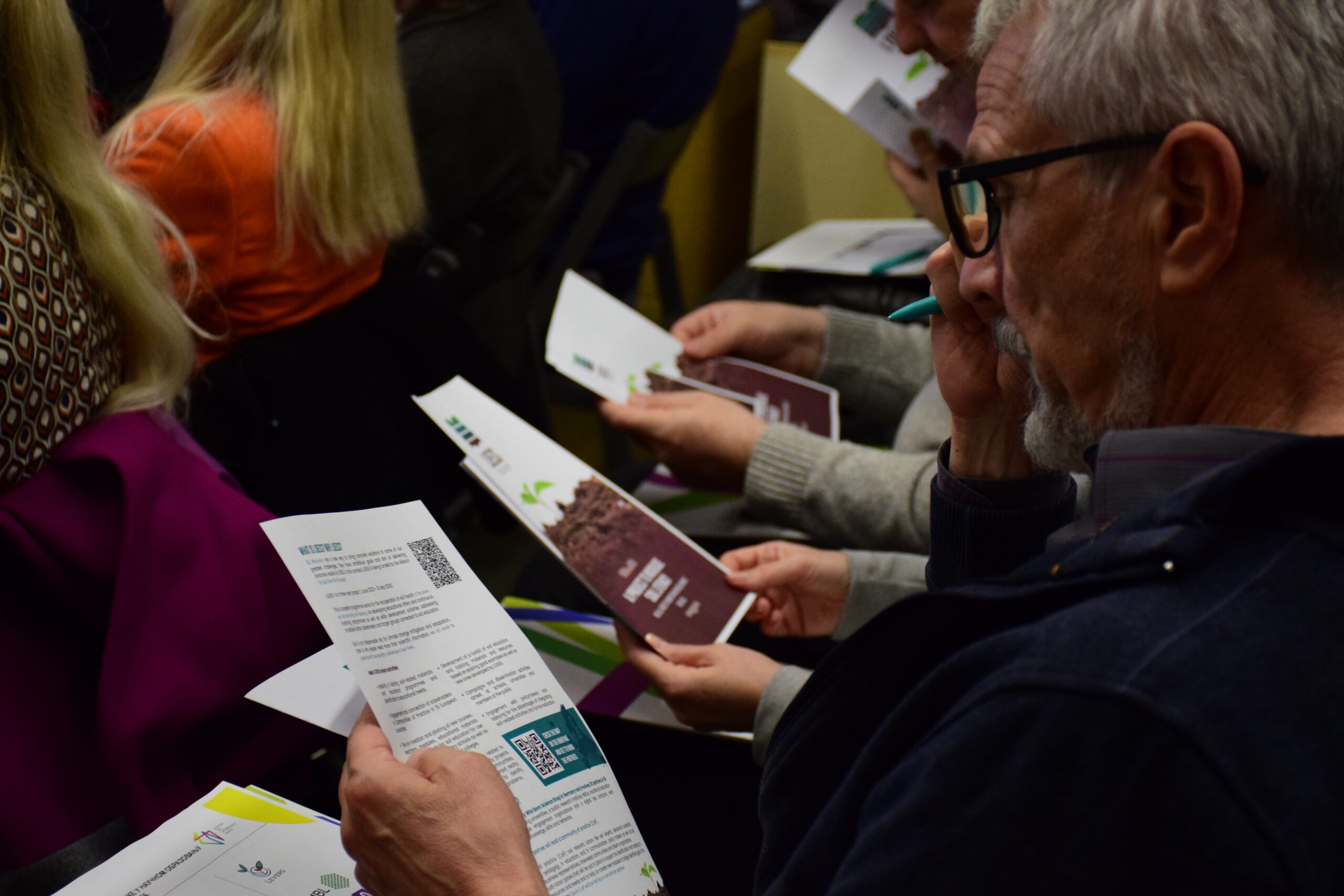Communities of practice
In each of the 15 participating countries, LOESS partners has set up Communities of Practice (CoPs), comprising stakeholders from education, research, community initiatives and policymaking, who share a common interest in promoting soil health and education and are interested in supporting the project.
Participation in the CoP is voluntary, and CoP members will only be consulted on aspects of the project that align with their interests and expertise.
If you are interested in joining one of the Communities of Practice, please get in touch with the relevant country partner.
Which are the benefits of being a member of the CoP?
- Be part of a national network of soil health advocates.
- Enhance your own professional network by collaborating with LOESS consortium members and CoP members from your country and across Europe.
- Contribute to the implementation of the EU Soil Mission and influence future generations’ understanding of soil.
- Gain early access to new educational materials and training courses for use in your work.
- Receive invitations to project workshops and events, both online and in person formats, national and European.
- Receive first-hand information about the project results and findings.
- Contribute to promoting soil health as an important policy issue among policy makers.
- Acknowledgement of your contribution in appropriate project communication activities.
Who can join the Communities of Practice?
CoP members represent a wide range of different organisations, such as:
- Researchers at universities and research institutes.
- Lecturers and students at universities / HEIs / vocational colleges.
- Teachers at high schools / upper secondary schools (science subjects, geography, agriculture) and teacher trainers.
- Primary school teachers, outdoor education, forest schools, nature initiatives.
- Non-formal educators, school garden projects, agricultural museums, etc.
- Civil society organizations and citizen groups.
- Public administration representatives (Ministries of Education / Agriculture / Environment, City planners, local authorities and regional authorities concerned with sustainability, communal green space management).
- Practitioners of various sectors engaged in soil literacy and soil health improvement (e.g. environmental conservation groups, urban food initiatives associations, city greening initiatives, farming).
- Members of other EU-projects or national/regional projects addressing soil health/education.
- Members of relevant umbrella pan European organizations, networks and associations.
What do cops do?
These are some of the ways in which CoP members are supporting the project:
- Helping to identify knowledge gaps, barriers and needs in existing educational contexts.
- Assisting in identifying, defining and providing feedback on criteria, methodology and content of soil health teaching materials and training modules under development.
- Highlighting existing success stories and innovative practices to promote soil health education.
- Contributing local knowledge and experiences to the growing body of soil health knowledge by identifying local soil problems and solutions.
- Completing short project surveys / interviews.
- Providing feedback on relevant project findings and reports.
- Help promote the project, new materials and project results.


